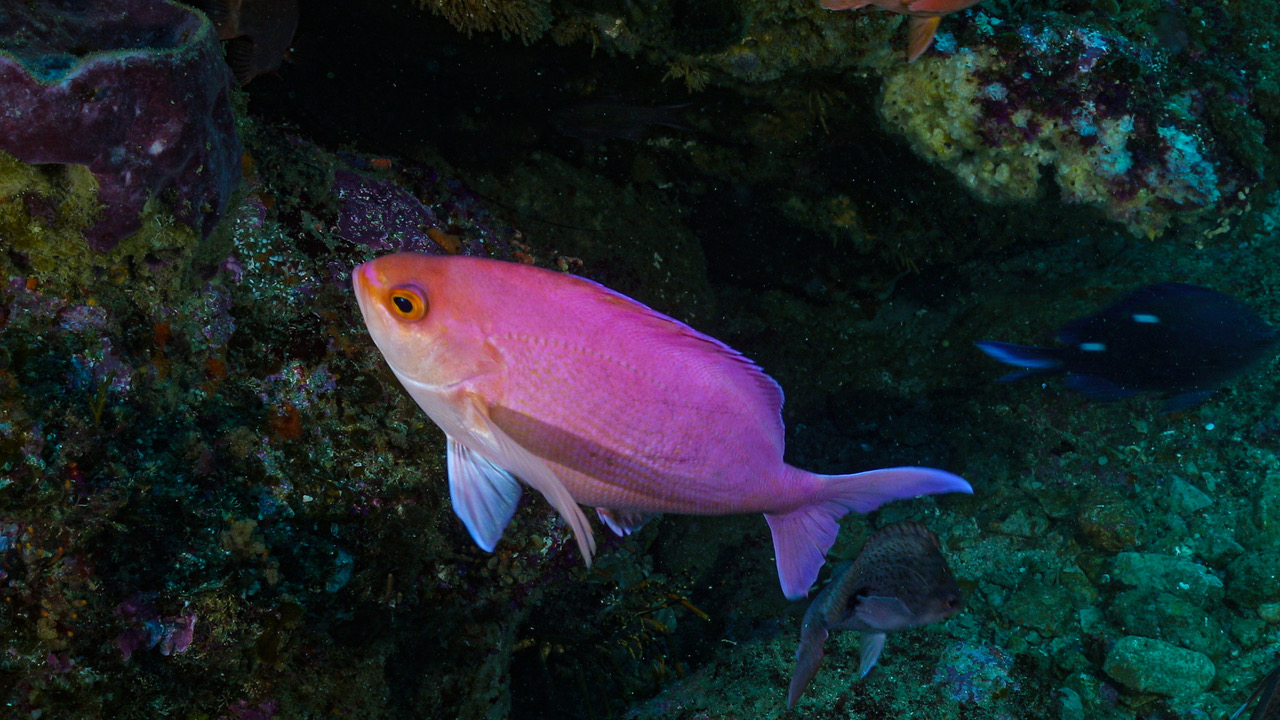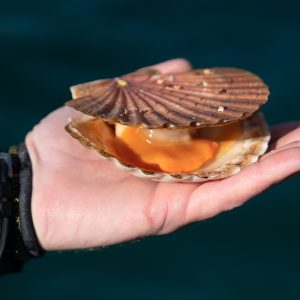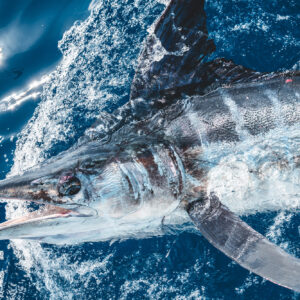A gaping hole in the fishing regulations is about to be plugged to stop the exploitation of vulnerable reef fish and to address community concerns.

Conflict arose in Tairua, Coromandel, earlier this year when hundreds of pink maomao were being landed and people realised no bag limits applied. MPI were powerless to respond because the regulations have not kept pace with changing fishing patterns.
Consequently, the Minister for Oceans and Fisheries Hon. David Parker directed Fisheries New Zealand (FNZ) to review bag limits for recreational fishers.
LegaSea worked with our New Zealand Sport Fishing Council fisheries team, the New Zealand Angling & Casting Association and New Zealand Underwater Association to develop a joint submission in response to FNZ’s proposals. The submission was sent to FNZ in late November.
Together we supported an amended version of Fisheries NZ’s Option 2: include all finfish species not currently subject to a daily bag limit in the combined daily bag limit, and within that the Minister –
- Sets a maximum limit of 3 per person per day of any of these reef species: pink and blue maomao, grandaddy hāpuku, pigfish and wrasses.
- Includes the maximum of 3 of any reef species within the existing combined daily bag limit.
- Bans the sale of these reef species.
In June it was fortunate for the community that the local iwi Ngāti Hei stepped in to quell the growing unrest around the Coromandel. Ngāti Hei leader Joe Davis placed a rāhui, a ban, on any fishing for pink maomao within their rohe on the eastern Coromandel coast.
This is a stop-gap measure until the regulations can catch up with current behaviour. There is no clear timeline on when any regulatory changes will take effect.
It is essential that any fundamental changes to fishing controls need to be widely discussed by fishers, local hapū and coastal communities who rely on the sea to supplement their weekly food intake.
In terms of Fisheries NZ’s other proposals, we jointly rejected Options 1 and 3 as there has been insufficient time for people to consider the impacts of significant reductions to existing bag limits for some key recreational species . Around 700,000 people go fishing during the year. These people must be given the opportunity to have a say and 30 working days is not adequate.
Also, it is not acceptable for Fisheries NZ to issue a flawed proposal paper. Their selective presentation of the facts makes it difficult to trust all FNZ data. We have urged the Minister to work with Fisheries New Zealand to ensure in future they use and present data in a much more transparent manner.
A once over lightly proposal paper perpetuating long held biases reaffirms the need for Fisheries NZ to stop acting only as a Ministry for commercial fishing interests and start being reasonable. Because when the public doubt the integrity of the rules and regulatory authority this makes it harder for compliance staff and it undermines trust in the government.





